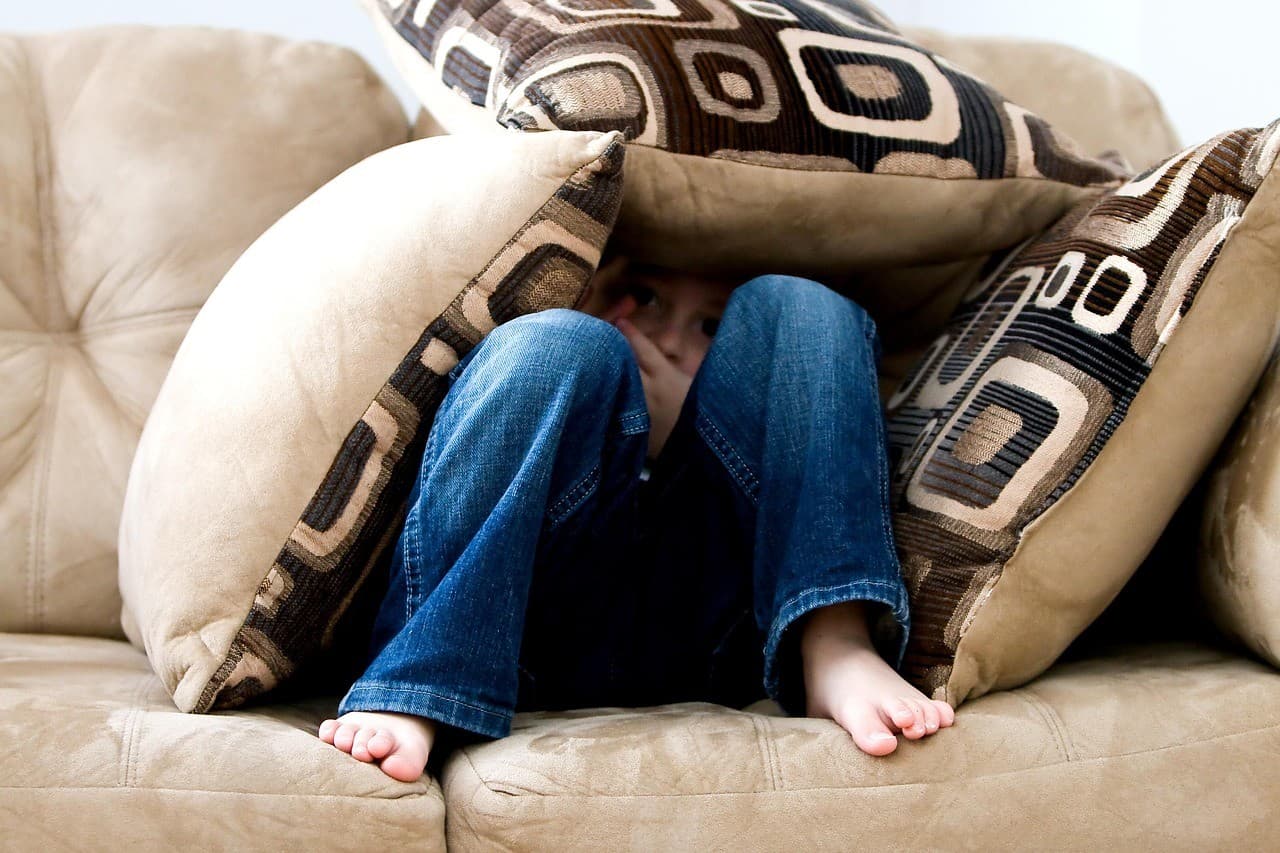Camp and Separation Anxiety – How to Support Your Child Before the Trip?

What is Separation Anxiety?
Definition and Characteristics
Separation anxiety is a natural feeling of anxiety in children related to being separated from their parents or caregivers. It helps them feel safe, especially during the early years of life.
Typical Symptoms
A child may react with crying, anger, reluctance to separate, as well as physical complaints such as stomach aches or nausea.
When is it natural, and when should help be sought?
Separation anxiety is normal for young children and in new situations, such as the first trip to camp. However, if it is very intense, lasts for a long time, and interferes with daily functioning, it is worth consulting a specialist.
Why might a child be afraid of going to camp?
Going to camp is a big change for a child, which can trigger various concerns. Above all, many children are afraid of separating from their parents – this is a natural reaction stemming from a strong bond and the need for safety. Additionally, a new place, unfamiliar surroundings, and strangers may induce fear and uncertainty. Children also often fear a lack of control over the situation – they don’t know the daily schedule or what to expect, which further heightens anxiety and worry.
How to Prepare a Child for a Camp Trip?
A key role in preparing a child for a camp trip is open and calm communication. It is important to explain clearly what will happen, what activities await the child, and what the daily camp schedule looks like. This helps reduce uncertainty and fear of the unknown.
A good way to familiarize a child with separation is to practice short separations before the trip. For example, spending a few hours at grandparents’ house or with friends can help the child gain confidence that, even though separated, parents always come back.
It’s also helpful to involve the child in the preparations, such as packing their things and planning what they’ll take to camp. This gives them a sense of control and participation.
Finally, it’s important to establish regular rituals and routines that help the child feel secure during separation, such as a special farewell or leaving behind a favorite toy.
Practical Tips for Parents Before the Camp
Before the camp trip, it’s best to avoid making promises to the child that we’re not sure we can keep, such as promising daily phone calls if the camp doesn’t provide them. Unfulfilled promises can only increase anxiety and disappointment.
It’s also helpful to prepare the child for the possibility of difficulties – such as homesickness or moments of uncertainty – and encourage them to be open and share their feelings with the camp counselors or parents.
It’s also beneficial to leave the child something familiar that reminds them of home, such as a favorite stuffed animal, a family photo, or a blanket. Such items provide a sense of security in the new environment.
Finally, it’s very important for parents to maintain a positive and calm attitude. Children often "pick up" on the emotions of adults, so parents' calmness and optimism can significantly reduce the child’s fear of the trip.
How to Support a Child During the Camp?
While the child is at camp, it’s important to stay in contact with the counselors and organizers. This allows parents to stay up to date on how the child is doing and respond quickly if difficulties arise.
Encourage the child to be open and share their feelings – both positive and concerning ones. A child who feels listened to will cope more easily with homesickness and anxiety.
If the child calls feeling anxious or homesick, it’s best to remain calm and listen to their concerns with empathy. It’s important not to amplify their anxiety with excessive reassurances, but instead remind them of the positive aspects of the trip and support them by providing reassurance that they are safe and well cared for.
What to Do After the Child Returns?
After returning from camp, it’s good to spend time talking about the child’s experiences. Encourage them to share what they enjoyed most, what new things they learned, and what challenges they faced. Reinforcing positive experiences helps build self-confidence and encourages them to go on more independent trips in the future.
Don’t forget to appreciate the child’s courage – going to camp is an important step that requires bravery and maturity. Planning future trips together can further motivate them and make the child excited for new adventures.
See also:

